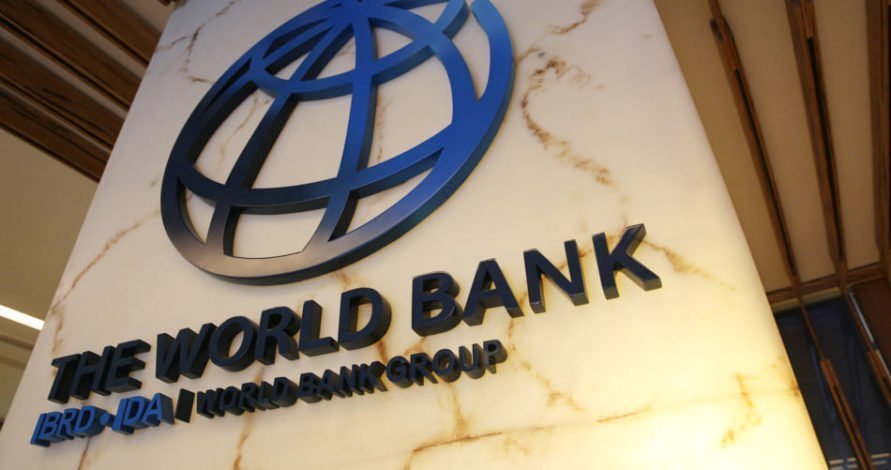Access to clean, modern, sustainable energy is critical for improving the health and livelihoods of billions of people around the world. There is growing evidence linking socioeconomic benefits with access to a reliable and affordable supply of electricity. For example, with adequate lighting and a reliable supply of electricity in the evening, children can read and do homework longer, families can listen to the radio, watch television, or generate income. There would also be tangible health benefits because currently many alternative lighting sources, like kerosene lamps, are a major source of pollution, harming people’s health and the environment.
How do we waste less, pollute less and do more to promote energy access?
The reality is that we still have a long way to go. In 2012, about 1.1 billion people did not have access to electricity. While that was down from around 1.2 billion people in 2010, it still represents 15% of the world’s population. Also in 2012, about 2.9 billion people did not have access to non-solid fuels as a primary source for cooking. That’s equivalent to 41% of the global population.
UN Sustainable Development Goal (SDG) 7 focuses on a concerted global effort to ensure access to affordable, reliable, sustainable and modern energy for all. Energy is interconnected with all of the other SDGs, and recognizing these linkages is important to effectively implement them.
With a historic agreement to tackle climate change in place, it is now time to act. And delivering on SDG7 is a cornerstone of that objective.
Globally, around 1.1 billion people still do not have access to electricity. About 2.9 billion use solid fuels—wood, charcoal, coal, and dung—for cooking and heating. There are many reasons for energy poverty—ranging from remote populations; untapped renewable energy; inefficient utilities; perceived investment risks; unhealthy cookstoves. The World Bank Group is working with countries to help overcome these challenges. #EndEnergyPoverty
World Bank Group
In order to achieve universal access to modern energy services, significant improvements in the enabling environments for relevant projects and programs must be created. According to the IEA (2014) and the SE4All Finance Committee Report (2015), annual investments of $45 billion will be needed to meet the goals. This is mostly for the expansion of grid electrification, but it also includes substantial development of mini-grid and off-grid solutions in remote areas where extension of the main grid would not be the most economically attractive approach.
- The World Bank Group (WBG) invests in all three of the principal target areas of SDG7: energy access, energy efficiency, and renewable energy. It also supports the tracking and knowledge aspects of the SDGs through a series of products, including the Global Tracking Framework (GTF), the State of Energy Access Report (SEAR), and the Readiness for Investment in Sustainable Energy (RISE).
- The WBG also launched Scaling Solar, a “one-stop shop” for governments that want to attract private investors to build large-scale solar plants, but lack the purchasing power of bigger emerging markets where strong competition has driven down solar prices to virtual parity with oil, gas, and coal-fired electricity. Scaling Solar includes a package of technical assistance, templates for documents, pre-approved financing, insurance products, and guarantees that take the guesswork out of whether a solar project is viable and bankable for both governments and investors.
- The WBG also focuses on Africa with the Clean Technology Fund (CTF) and Scaling-Up Renewable Energy Program (SREP) of the Climate Investment Funds (CIF), which provides support for Bank energy sector projects in the region. Overall, funding allocated to Africa is $750 million from the CTF and $404 million from the renewable energy program.
- The Lighting Africa program supports real energy service delivery through portable and fixed-point solar power production. The program has reached 14 million people in under 6 years and the market is growing at 141% annually. Lighting Africa operates in 12 countries, has 47 quality-verified products currently in the market, and has helped catalyze the commercial market.
- In Mexico, using climate finance and Global Environmental Facility support, the Bank helped implement a program for replacing over 25 million inefficient light bulbs with CFLs, and almost two million old refrigerators with new, highly efficient ones, all targeted to low-income households.
- In China, the Bank supports market-based approaches to improve energy efficiency, such as the ESCO concept and energy efficiency financing credit lines. China has embarked on one of the most aggressive energy conservation campaigns in the world—the energy efficiency market is estimated to be around US$75 billion already.
- Implemented as a public-private partnership, the solar home system (SHS) program in Bangladesh is currently installing over 70,000 SHS every month, making it the fastest growing program of its kind in the world. Three million systems have already been installed with support from the Bank and other development partners, providing electricity to 18 million people in the country.
- With the support of Climate Investment Funds, Morocco launched the first phase of the largest concentrated solar power (CSP) plant in the world. When fully operational, the plant will produce enough electricity for more than one million Moroccan households.
- A $1 billion Development Policy Loan for Egypt is the first in a programmatic series of three such loans. One of the main objectives of this loan is to ensure sustainable energy supply for the country through private sector engagement.
These are just a few examples of work the Bank is doing around the world to support SDG 7. Our objective is to work together with partners and clients to accelerate action and deliver results that will transform the lives of billions through sustainable energy access that also helps combat climate change.
Source: worldbank




